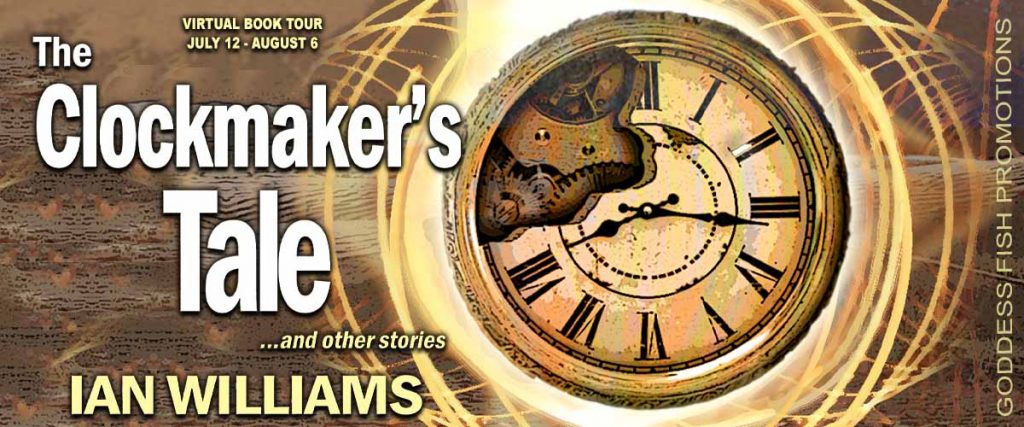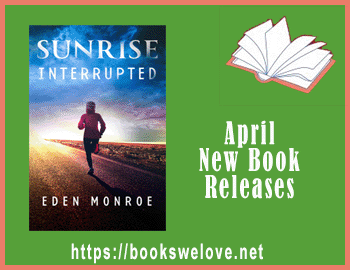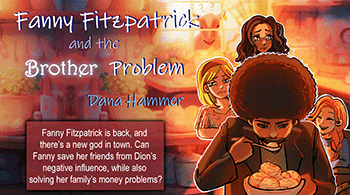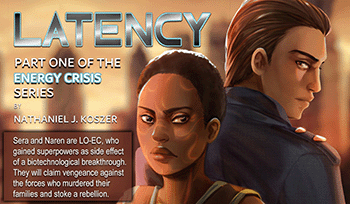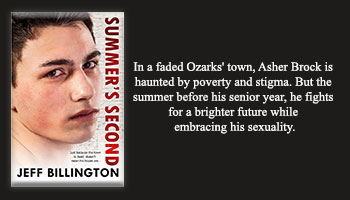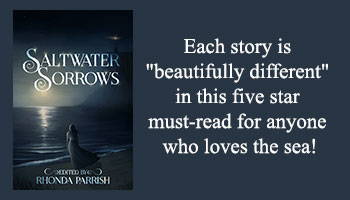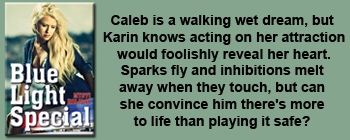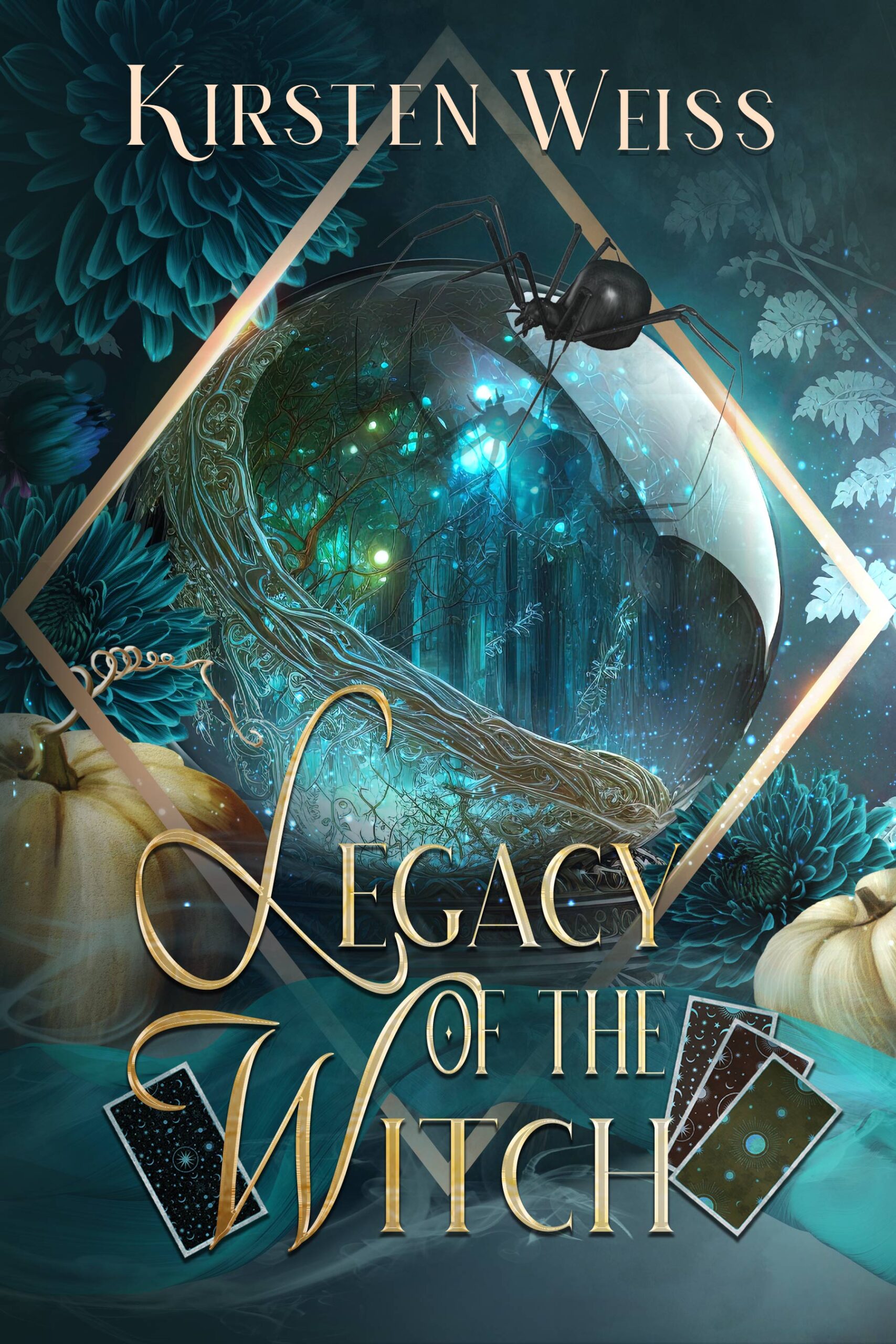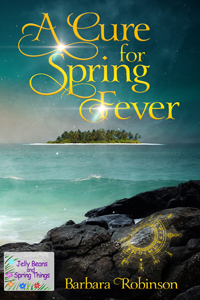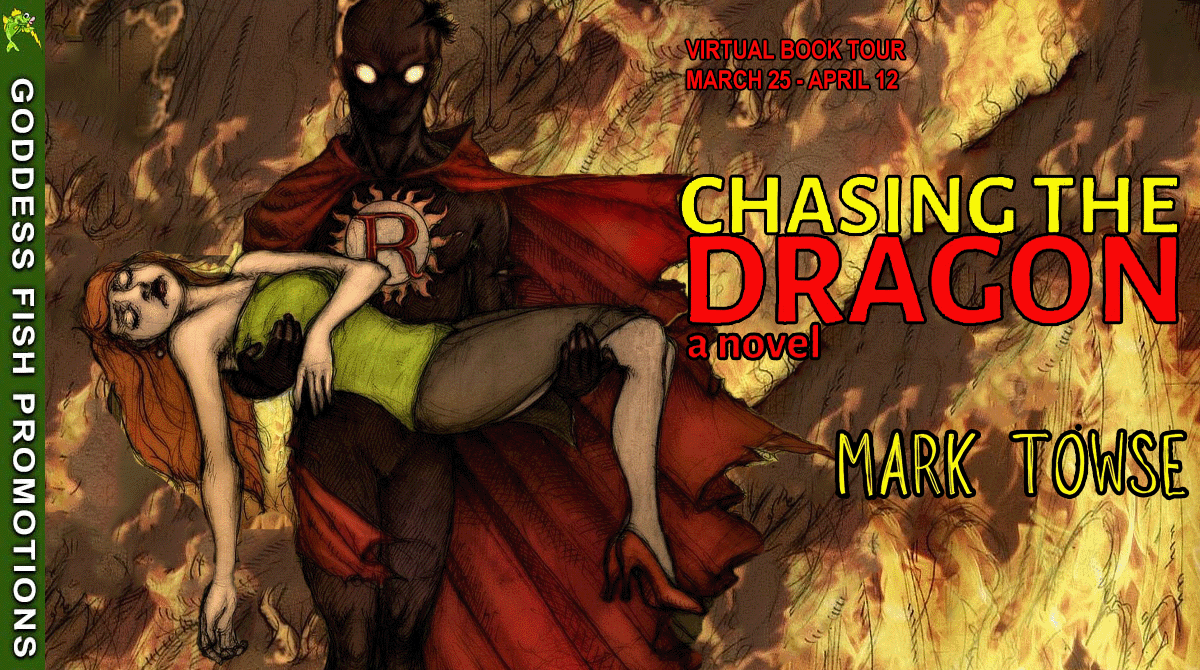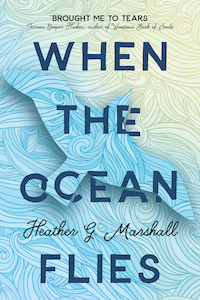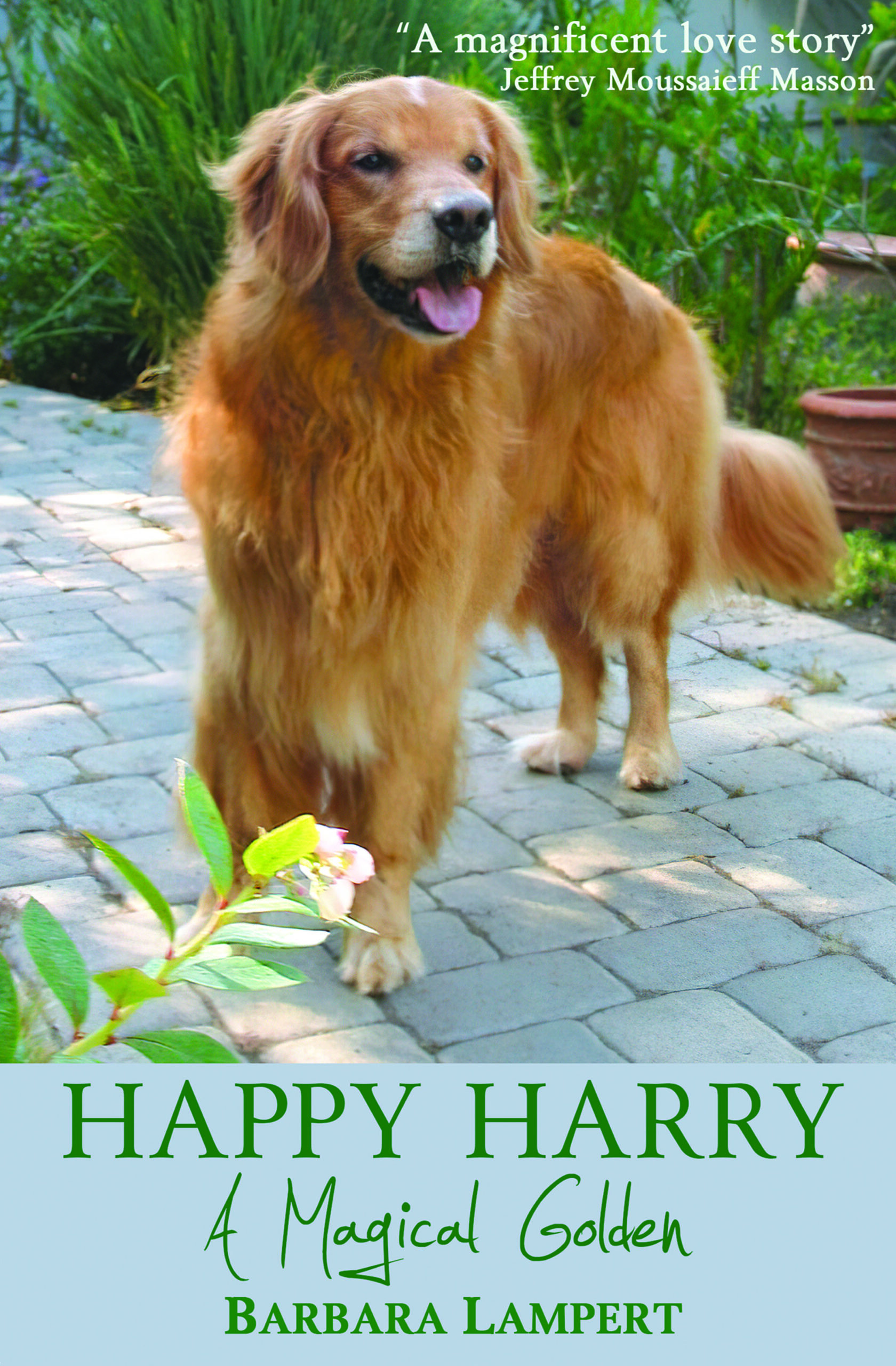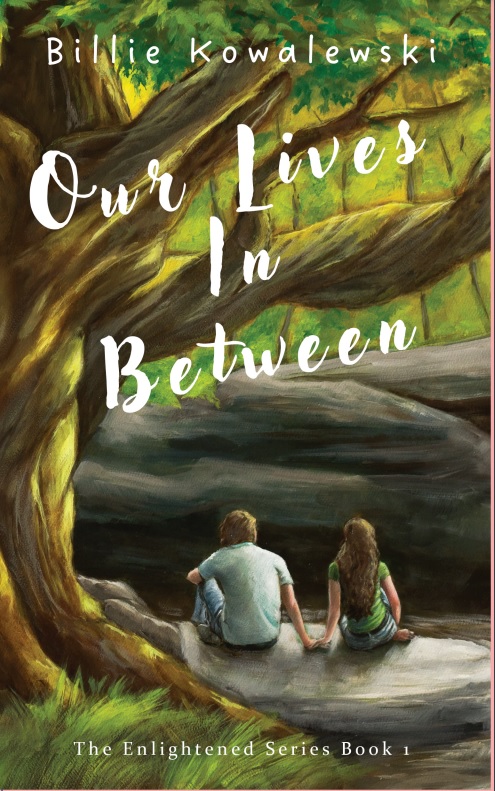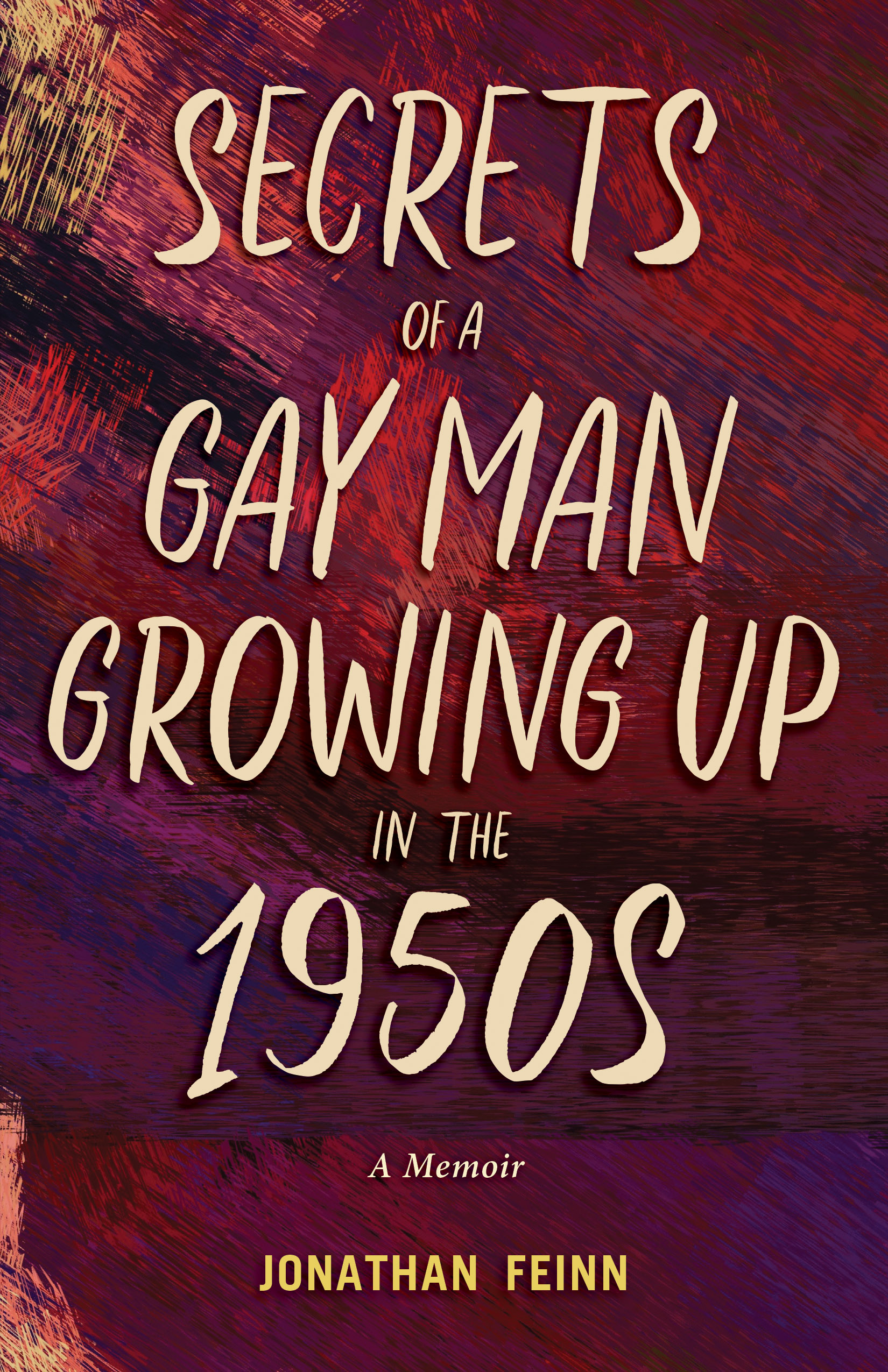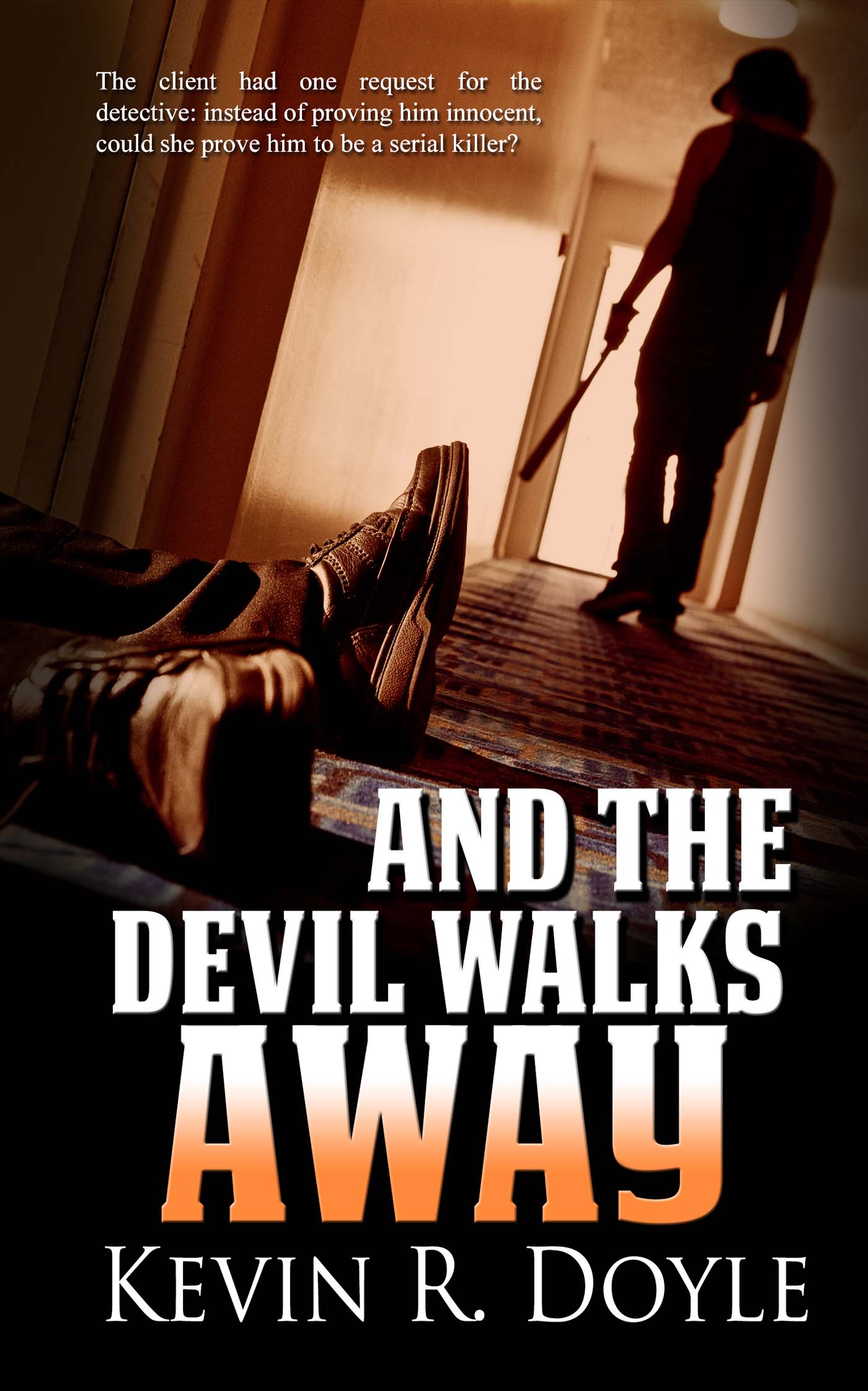This post is part of a virtual book tour organized by Goddess Fish Promotions. Ian Williams will be awarding a $50 Amazon or Barnes and Noble GC to a randomly drawn winner via rafflecopter during the tour. Click on the tour banner to see the other stops on the tour.
Here is a sobering statistic for you; it is expected that, if trends continue as they are now, by the year 2050 there will be more plastic in the oceans than fish. That is because researchers have estimated that over 8.3 billion tonnes of plastic has been made since the early 1950s. We use single-use plastics alarmingly often too, even though most of it ends up in landfills. Nature cannot break it down fully, so it persists long after we have buried it.
It is a worrying problem that we face as a society, one that continues to grow each day we fail to address it. Worse still, many countries simply ship their waste abroad, making it someone else’s problem instead. The UK alone exported 611,000 tonnes of plastic packaging to other countries in 2018. That creates a huge problem that can no longer be ignored.
The story Waste Not, from The Clockmaker’s Tale: and other stories tells of a world where the very same challenge has overwhelmed us. People live in homes carved into the sides of trash towers made from piles upon piles of past generations’ waste. They scavenge for food and supplies from the rubbish that surrounds them, often with unfortunate results.
That which surrounds us is inside us too. I bring up blood-filled phlegm that’s rich in colourful specks. It looks like glitter sprinkled over a gruesome murder scene in that small, gooey lump in my hand. I cough as much of it up as I can, count the plastic shards within as a matter of course, then launch it over the car—out of sight, out of mind. The blood always worries me, though.
“Don’t sweat that, Pete. I seen much worse. I once saw a woman jump from the top of a friend’s spire.”
“What?” I reply, wiping the spit from my chin.
“I’m just saying, when she hit the ground and opened up, she was full of plastic, like it had been filling up her stomach for years. Not a pretty sight, I can tell you. Blood isn’t the colour you think it is when there’s that much contamination.”
I picture it without meaning to. Only things aren’t quite right. The woman’s eyes are now the same as the ones my teddy torso once had. Her arms are cream coloured and stamped by a manufacturer, her hair is brittle and snaps easily, and her clothes are painted on. Her body is cracked open like an egg, and nothing but dry pieces of trash spill out, some of it caught up in beer can yokes, choking itself, on itself.
“I hate this place,” I say, staring at the ground in front of me as if the trash lady were right there. “I’m getting my family out of here if it’s the last thing I ever do.”
“How ‘bouts we make sure it’s not the last thing you do, hey?”
It may sound like fiction until the real situation is made clear. The ‘Trash Lady’ Pete and his friend mention is not so different from many of us. That is because plastic is now in our food as well as our environment.
Plastic is nearly impossible for nature to entirely break down, so it never fully disappears. Instead, it gets smaller and smaller until fish and farm animals mistake it for food. That is a direct path for plastic to enter our bodies, where it may stay for a long time. The journal Environmental Science and Technology puts the amount of microplastic humans may be ingesting from 39,000 to 52,000 particles a year.
This is a problem for all of us to tackle. And, if dealt with decisively, it is one we absolutely can solve. But for those in Waste Not it is already too late. Generation after generation has dumped their waste without a thought for the environment, and now it is the world they live in. Although, just maybe, there is still hope for Pete and his family.
Pete certainly thinks so.
“I hope you got this right, you crazy old bat,” I say as I chew the tough meat with my one good tooth. A green coloured treat is waiting for me in the centre. I find the remnants of a plastic straw tucked inside a burnt piece. It puts me off my meal.
I never met the woman whose home I’d found the directions in. It was during one of my more successful scavenges that I stumbled upon the place. It just sat there abandoned for anyone to discover. There hadn’t been any food inside her cramped home, just plenty of things that no one needed.
Only one thing had been worth the long climb to the top of that neighbouring spire—a drawing on the walls that promised to lead all to salvation. It wasn’t detailed in its instructions, but I’d seen the route hidden within the scrawls almost immediately.
My copy of the directions is exact, even down to the child-like drawings at the end of the route. This mysterious woman had scribbled trees and lakes, the likes of which I’d dreamt about. So, I drew them too, except in grease rather than crayon. She had created a perfect landscape there on her wall. One made of nature, not manmade detritus.
I want, more than anything, for this to be real and not the fantasy of a crazy woman. Unfortunately, the only way to know for sure is to follow it to its end.
“Past the container row, maybe a hundred yards, I’d say,” I tell myself as though it were that easy.
In The Clockmaker’s Tale: and other stories, Ian Williams takes us to the near future and beyond. From a moon base where androids conduct experiments on human test subjects, to futuristic tours of the ocean depths that hide a terrible secret; from a society governed by harsh rule of law that is enforced by AI, to a humble clockmaker tempted by the promise of increased productivity through technological augmentation.
Covering issues such as environmental decay, the end of facts and proven truths, our growing waste problem, and humanity’s tendency to divide when we should come together, this collection of six science fiction stories relates as much to our time as it does to the many possible futures.
About the Author:
Ian Williams is a Science Fiction writer from the UK. He lives in a small town not far from London. Ian had a short career in the UK Court Service but was forced to quit that job when his medical condition worsened. Now, from the comfort of his wheelchair, he writes the stories he has always wanted to read. His writing spans lightyears of space, to near-future Earths; from small changes to society, to entirely new civilisations.
Website | Facebook | YouTube | Twitter Buy the book at Amazon.
